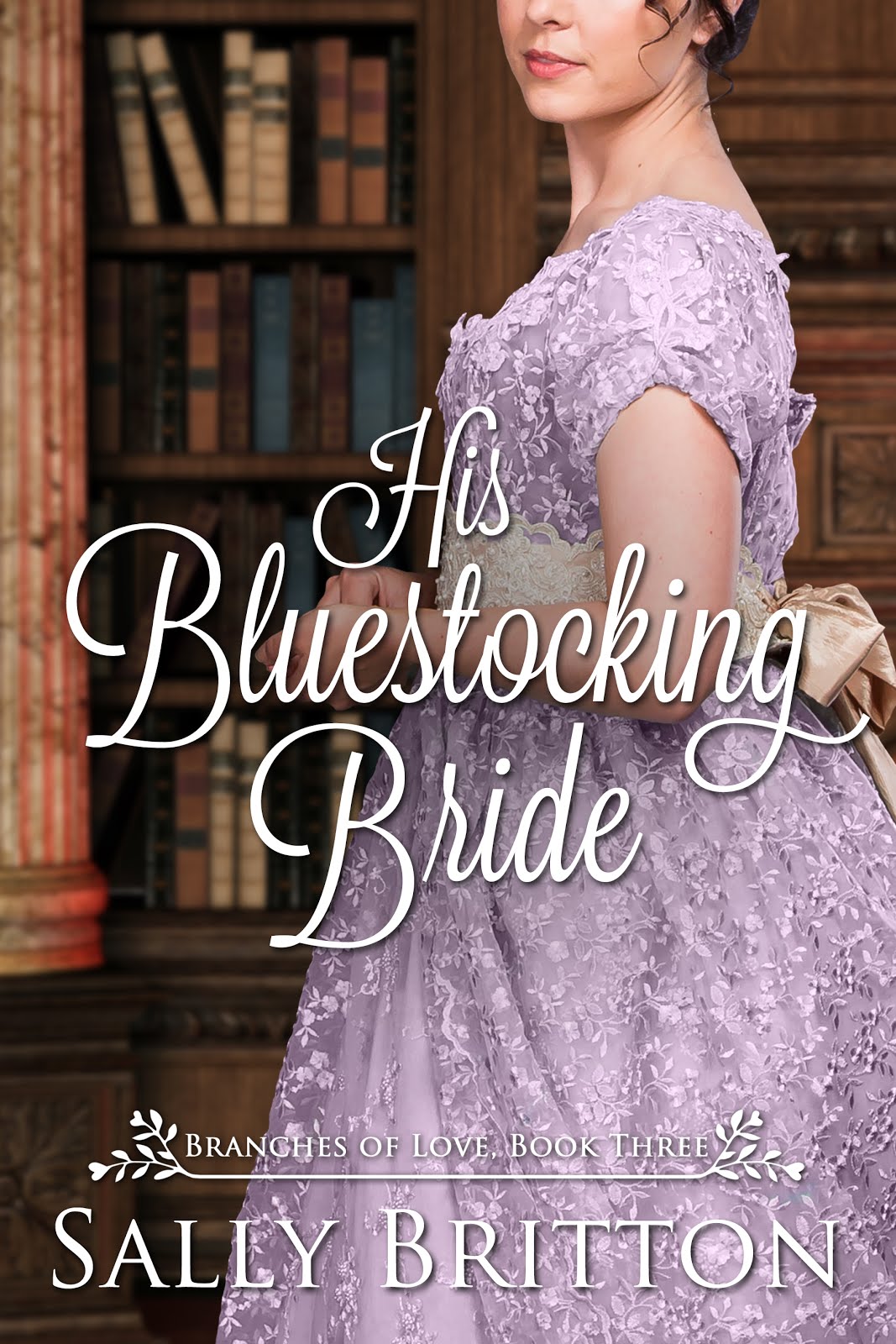© Cheryl Bolen
In the days before organized non-profits and charity fetes,
the British raised money for the less fortunate through subscriptions
advertised in newspapers. Subscribers could donate an amount with which they
were comfortable. The higher the person’s rank, the more they were expected to
give. It was a coup to use the name of a member of the Royal Family as having
donated.
Subscription for Poor
Irish laborers
Donating £50
HRH the Princess
Charlotte Auguste of Saxe Coburg
His Serene H the
Prince Leopold of Saxe Coburg
Donating £20
Right Hon. G. Ponsonby
the Right Honorable Viscount Castlereagh
Donating £10
the Hon. Louisa
Cavendish
A Case of Real
Distress
Rt. Hon. John
George—Lord Arden, Registrar of the Admiralty, Ld of the Bedchamber, etc., etc.
It appears from the most unexceptional authority this truly unfortunate
nobleman is now actually out of pocket by his sinecure. This case is
recommended to all charitably disposed persons. . . the smallest sums will be
thankfully received—Messrs. Curtis & Co. Downing Street: Rev. Dr. Sidmouth,
Spring Gardens. . . the following subscribers have already been received . . .
It is likely that Curtis & Co. on Downing Street would
have been solicitors who handled the subscription and its dispensation.
Friends would often come to others’ aids with subscriptions,
such as in the case of statesman Charles James Fox. In a 1793 letter to his
wife, who was on the Continent, Lord Bessborough wrote, “We have had a subscription for Charles Fox, who was in distress;
Dudley North (Whig M.P.) and Charles Pelham (another M.P.) were the chief
movers of it, and they have got as much money as will buy him annuity for his
life of £2,000 a year. I should have thought it would have better to have done
it without a publick meeting, as they had got nearly money enough without it.
However they chose to have it. I had not much to give (huge gambling losses had
decimated the Bessborough’s fortune) so I only subscribed £200.”
A week later he wrote
I have been this
morning to a meeting about Charles fox’s affairs. We had a very handsome letter
from him, & his politicks this years have been kept clear of in what was
said; I understand they have got £33,000 paid, which is very extraordinary at
this time, & £10,000 more promised. they are in hopes of paying his debts
& having enough to get him annuity of £2,000 for his life. I understand
they have agreed to buy the annuity of the Duke of Bedford & Ld. Spencer at
11 years purchase.
The grandson of a duke, Fox had inherited enormous wealth
from his father, Baron Holland, but squandered it away at the gaming tables.
Twice. An annuity of £2,000 would have been an extremely comfortable income. In
Fox’s case, subscribers generously reached into their pockets because he was so affable, clever, and well
liked.
Still, Fox’s debts, in today’s dollars, would have been
roughly $4.5 million. It is doubtful the poor Irish laborers received anything
approaching that hefty amount.—Cheryl Bolen,
the NY Times and USA bestselling author of two dozen Regency romance novels,
has just released Oh What a (Wedding) Night.
Resources
Morning Chronicle,
February 6, 1817
Lady Bessborough and
Her Family Circle, Earl Bessborough in collaboration with A. Aspinall, John
Murray, London, 1940.






No comments:
Post a Comment